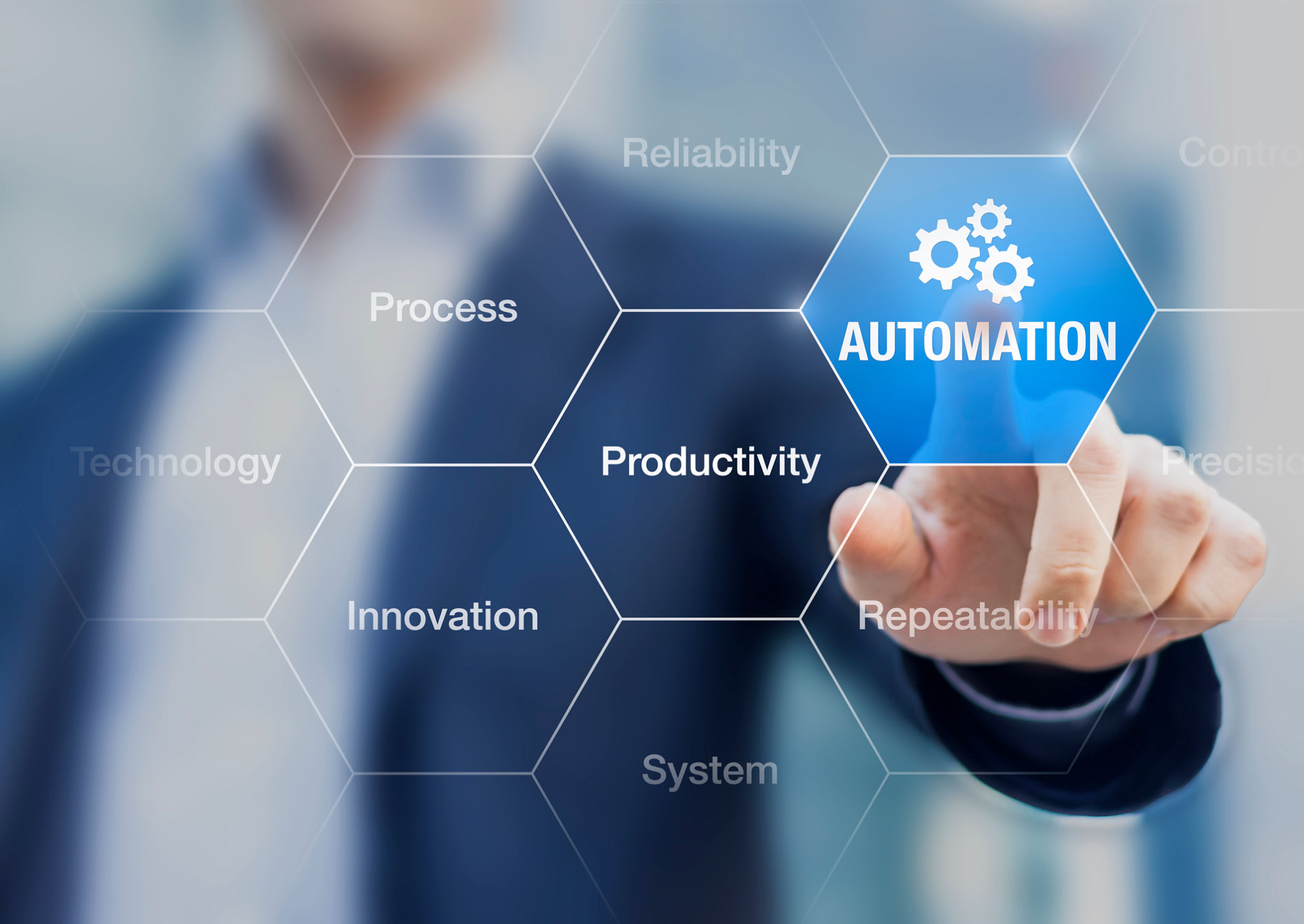The Impact of Emerging AI Technologies on Education Systems
Revolutionizing Education with AI
In recent years, the integration of emerging AI technologies into education systems has been transforming how educators teach and students learn. These technologies offer unprecedented opportunities to enhance educational experiences, providing personalized learning paths and automating administrative tasks. As AI continues to evolve, its impact on education is becoming increasingly profound, reshaping traditional teaching methodologies and learning environments.

Personalized Learning Experiences
One of the most significant impacts of AI in education is its ability to create personalized learning experiences. By analyzing data from students' interactions with educational content, AI systems can adapt lessons to suit individual learning styles and paces. This not only ensures that students receive the support they need but also keeps them engaged and motivated. For instance, adaptive learning platforms can provide customized exercises and feedback, allowing students to focus on areas where they need improvement.
Automated Administrative Tasks
AI technologies are also streamlining administrative processes within educational institutions. Tasks such as grading, scheduling, and even admissions can be automated, allowing educators to focus more on teaching and less on paperwork. AI-driven systems can quickly analyze vast amounts of data, making them ideal for generating reports and insights that help schools improve their operations. This efficiency not only saves time but also reduces human error in administrative tasks.

Enhancing Teacher Effectiveness
AI is not just about making tasks easier; it's also about empowering teachers to be more effective in their roles. With AI tools, teachers can access real-time data on student performance, enabling them to tailor their teaching strategies to better meet the needs of their students. Additionally, AI can facilitate professional development by identifying areas where teachers might benefit from additional training or resources.
Bridging Educational Gaps
Another remarkable benefit of AI in education is its potential to bridge educational gaps. By providing access to high-quality resources and personalized instruction, AI can help level the playing field for students from diverse backgrounds. Online platforms powered by AI can offer courses and learning materials that might otherwise be unavailable to students in remote or underfunded areas. This democratization of education is a crucial step toward achieving educational equity.

Challenges and Considerations
Despite the advantages, integrating AI into education systems does come with challenges. Privacy concerns are paramount, as schools must ensure that student data is protected and used ethically. Furthermore, the reliance on technology raises questions about accessibility for all students, particularly those lacking reliable internet access or modern devices. As educators and policymakers navigate these challenges, it's essential to develop frameworks that balance innovation with ethical considerations.
The Future of AI in Education
Looking ahead, the future of AI in education is both exciting and uncertain. As technology continues to advance, we can expect even more sophisticated AI tools that further enhance learning outcomes. However, it will be crucial for educators, technologists, and policymakers to collaborate closely to ensure that these advancements benefit all students. By doing so, we can create an education system that is not only more efficient but also more inclusive and equitable.
In conclusion, the impact of emerging AI technologies on education systems is transformative. From personalized learning experiences to automated administrative tasks, AI is reshaping how education is delivered and accessed. While challenges exist, the potential benefits are immense, promising a future where education is more adaptive, accessible, and effective than ever before.
